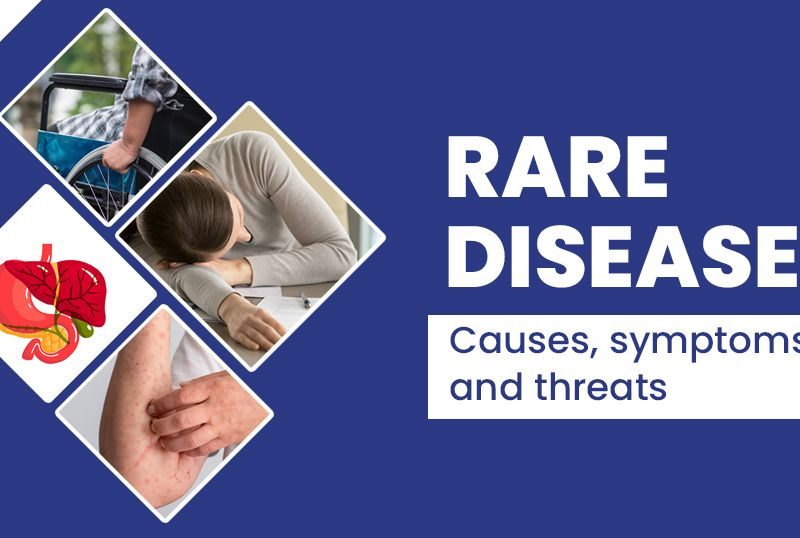Introduction: Preventive health measures refer to the steps taken to avoid the onset or progression of diseases and illnesses. These measures focus on promoting overall well-being and reducing the burden of healthcare by preventing the occurrence of various illnesses. In this article, we will discuss several important preventive health measures that can help individuals lead healthier lives.
Regular Exercise:
Regular exercise is one of the most effective preventive health measures. Engaging in regular physical activity not only helps to maintain a healthy weight, but it also strengthens the immune system, reduces the risk of chronic diseases such as heart disease and diabetes, and improves mental health. Experts recommend at least 150 minutes of moderate-intensity aerobic exercise or 75 minutes of vigorous-intensity exercise per week.
Healthy Diet:
Eating a balanced and nutritious diet is crucial for maintaining good health and preventing diseases. A healthy diet should include plenty of fruits, vegetables, whole grains, lean proteins, and healthy fats. Avoiding excessive consumption of sugar, salt, and unhealthy fats is also important. A well-balanced diet provides the essential nutrients needed for optimal body functioning and helps prevent obesity, diabetes, and other chronic conditions.
Regular Health Check-ups:
Regular health check-ups play a vital role in preventive healthcare. Routine screenings and check-ups can help detect potential health issues at an early stage, allowing for immediate intervention and treatment. It is recommended to visit a healthcare professional at least once a year for a general health check-up. Depending on age, sex, and medical history, additional screenings such as mammograms, pap smears, and cholesterol tests may be necessary.
Vaccinations:
Vaccinations are essential preventive measures that help protect against various infectious diseases. Vaccines stimulate the immune system to create a response that can prevent or reduce the severity of certain diseases. It is important to follow the recommended vaccination schedule for children and keep up with adult vaccinations, such as flu shots and tetanus boosters. Vaccinations have greatly contributed to the control and eradication of several deadly diseases.
Manage Stress:
Chronic stress can have severe negative impacts on both physical and mental health. Therefore, it is crucial to manage stress effectively. Engaging in stress-reducing activities such as yoga, meditation, and deep breathing exercises can help alleviate stress and promote overall well-being. Adequate sleep, regular physical activity, and maintaining a healthy work-life balance are also important factors in stress management.
Personal Hygiene:
Practicing good personal hygiene is a simple yet effective preventive measure against various infections and diseases. Proper handwashing with soap and water for at least 20 seconds helps prevent the spread of germs. Covering the mouth and nose with a tissue or the elbow while coughing or sneezing also helps prevent the transmission of respiratory illnesses. Regular bathing, dental hygiene, and cleaning of surroundings further contribute to maintaining good health.
Avoid Tobacco and Alcohol:
Tobacco and alcohol consumption are major risk factors for various chronic diseases, including cancer, heart disease, and liver disease. Avoiding or minimizing the use of tobacco products and limiting alcohol consumption can significantly reduce the risk of developing these conditions. If quitting smoking or alcohol consumption is difficult, seeking professional help and support can be beneficial.
Maintain a Healthy Weight:
Obesity is a significant risk factor for several health conditions, including heart disease, diabetes, and certain types of cancers. Maintaining a healthy weight through a combination of regular exercise and a balanced diet is crucial for preventing these diseases. If overweight or obese, it is recommended to consult a healthcare professional to develop a personalized weight management plan.
Socialize:
Engaging in social activities and maintaining strong social connections is important for overall well-being. Social isolation and loneliness have been linked to various physical and mental health issues. Building and nurturing relationships with family, friends, and communities helps reduce stress, improve mental health, and promote a sense of belonging and happiness.
Conclusion:
Preventive health measures are essential for maintaining good health, reducing the risk of diseases, and improving overall well-being. Regular exercise, a healthy diet, regular health check-ups, vaccinations, stress management, personal hygiene, avoiding tobacco and alcohol, maintaining a healthy weight, and socializing are all important preventive measures that individuals can incorporate into their lives. By taking proactive steps towards preventive healthcare, individuals can lead healthier and happier lives.


